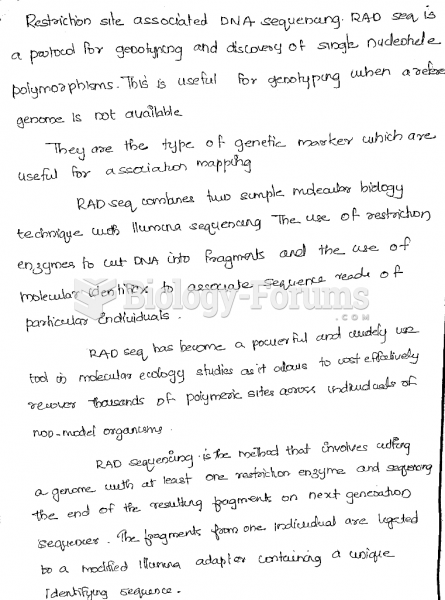Answer to Question 1
Answer:
A. Civil cases
1. disputes between two or more parties not criminal in nature
2. plaintiff brings suit against a defendant
a. plaintiff initiates lawsuit and is listed first
b. defendant is the person or party begin sued
3. asks court to enforce right or require payment
4. civil laws serve to protect rights and property and hold individuals accountable for their actions
5. lawsuits stem from one party trying to secure damages or correct a situation that the party sees as unfair
6. all cases have two sides and almost anyone can file a lawsuit
7. examples of civil cases: collection of debts, contract disputes, divorce
8. decided on preponderance of the evidence
a. plaintiff must prove to jurors that the defendant is at fault to win civil case
9. can be initiated by individual, group or corporation
B. Criminal cases
1. regulates people's conduct and protects society from unlawful actions
2. criminal law is prohibitive in nature
a. structured and codified: define criminal conduct and penalties
3. examples of criminal cases: theft, assault, robbery
4. person is charged with violation of or criminal or penal statutes
5. subject to change and revision due to societal changes
6. decided by convincing the whole jury that the defendant is guilty beyond a reasonable doubt
7. can be initiated by a prosecutor
Answer to Question 2
Answer:
A. Ticket for illegal turn: Class C misdemeanor
1. Municipal Court in incorporated cities
a. jurisdiction over all Class C misdemeanors occurring in the city's geographic limit
2. possible punishment
a. maximum fine in municipal court Class C misdemeanors is 500
b. no confinement
3. possibilities to appeal the decision
a. most small-town municipal courts are courts of nonrecord
1. no official transcript or record of cases heard
2. cannot appeal courts of nonrecord
b. can ask for trial de novo
1. new trial at county court level
2. most municipal courts have become courts of record







